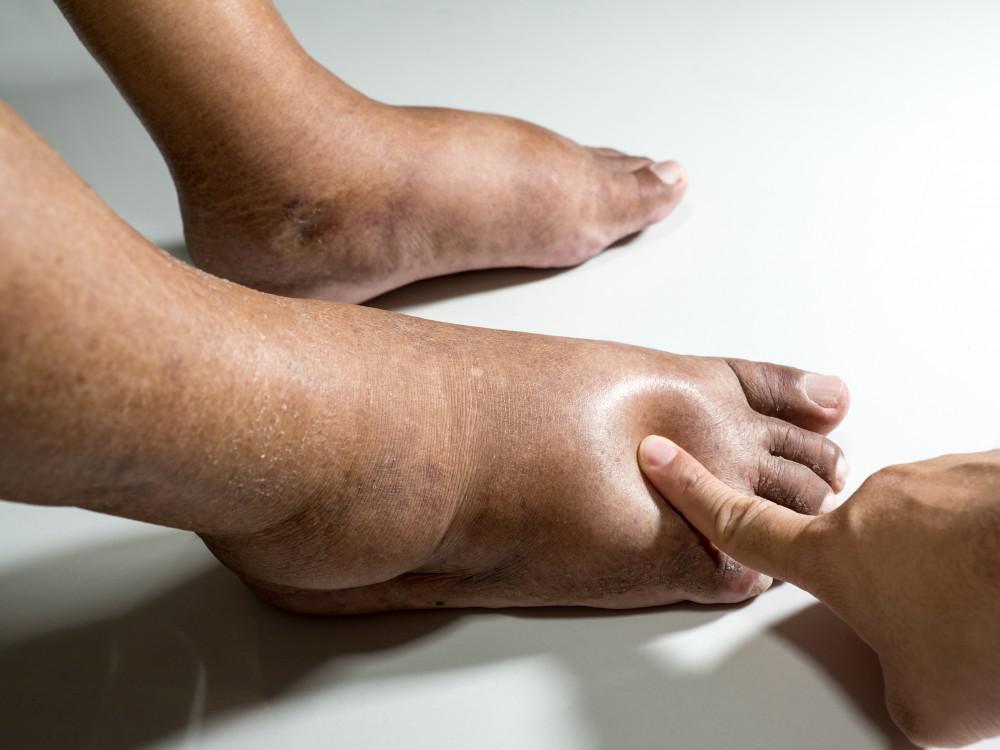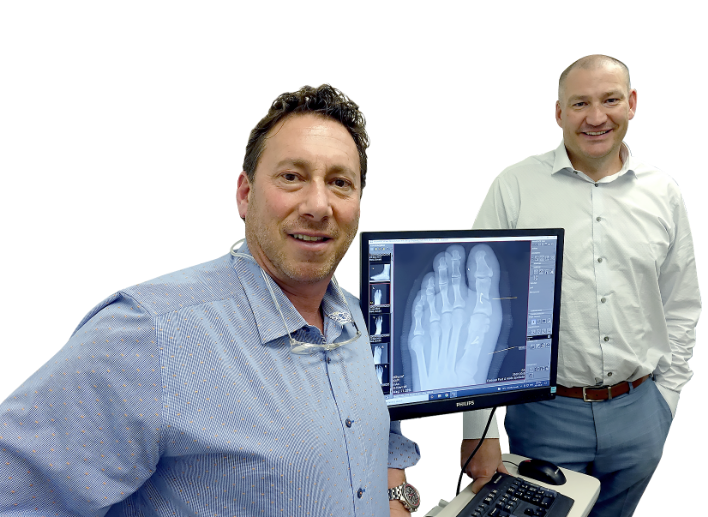Share Post
Types of Diabetes that might cause major complications
Diabetes complicates people’s lives, and it requires practice to handle it in your daily life. You may be wondering about eating balanced meals, engaging in safe physical exercise, testing your blood sugar, or administering injectable medications to yourself. The complications include heart disease, chronic kidney disease, nerve damage, and various foot, dental, visual, hearing, and mental health issues.
It can be classified into three types: type 1, type 2, and gestational diabetes (while you are pregnant)
Classification:

- Type 1 diabetes occurs when your body does not produce insulin. This is an issue since insulin is required to convert the sugar (glucose) from the meals you eat into energy for your body. To live, you must take insulin every day.
Symptoms Patients may also experience nausea, vomiting, or stomach discomfort. Type 1 diabetes symptoms can manifest in a matter of weeks or months and can be severe. Type 1 diabetes typically begins in childhood, adolescence, or young adulthood, but it can occur at any age. - Type 2 diabetes occurs when your body’s ability to produce and utilize insulin is impaired. To help control this disease, you may need to take tablets or insulin.
Symptoms take years to appear. Some folks experience no symptoms at all. Type 2 diabetes normally develops in adults, however, it is becoming more common in adolescents and teenagers. Because symptoms might be difficult to detect, it is critical to understand the risk factors for type 2 diabetes. If you have any of these symptoms, make an appointment with your doctor. - Gestational diabetes: affects certain women while they are pregnant. It usually goes away when the baby is born. Even if it goes away, these women and their children are more likely to develop diabetes later in life.
Symptoms of Gestational diabetes, which can be during pregnancy, typically have no symptoms. Between 24 and 28 weeks of pregnancy, your doctor should check you if you have this disease. If you’re expecting. You can adjust as necessary to safeguard both your health and that of your child.
People who say they have “a touch of diabetes” or that their “sugar is a little high” imply that is not a serious disease. That is not the case. It can be a serious disease, yet it is manageable. Patients must make smart eating choices, maintain a healthy weight, exercise more frequently, and take their medication even when they feel well. There’s a lot to do. It’s not easy, but it’s worth it!
Despite the fact that there is no cure for this disease, a person can live a long and healthy life with treatment and self-management techniques. These are our expert methods and recommendations for dealing with diabetes and, in particular, preventing serious or severe.
- Self-monitoring can reveal details on how dietary adjustments, exercise, and medication affect blood sugar levels.
- Good Nutrition meal planning is based on portion control and a preference for healthy foods. The diabetes plate approach is one tool for assisting people in controlling their calorie and carbohydrate intake.
- Exercise has been demonstrated in studies to help regulate blood sugar levels, reduce cardiovascular risk factors, promote weight loss, and enhance overall well-being.
- Take medication regularly some people find that dietary adjustments alone are insufficient to control their blood sugar levels. The most appropriate is that reaching blood sugar targets necessitates a combination of medication and nutrition therapy.
This frequently entails adhering to diet and medication recommendations. If you are a smoker, it is crucial to quit, or if you have a smoker in your family, you must advise them to quit in order to avoid severe complications. A person with this disease should also remain physically active and maintain a healthy weight. A diabetes care team can assist in developing and tailoring an exercise plan. Blood glucose meters and continuous glucose monitors can assist a person measure their progress and see the benefits of self-management approaches.
Visit Feldman & Leavitt Food and Ankle Specialist now if the rash persists despite your best efforts.
As a general rule, surgical bunion procedures are performed on an outpatient basis in an Alberta Health Services (AHS) approve Surgical Center or in a Hospital. Surgical procedural costs are covered by AHS or the patient may opt for private surgery to avoid a waiting time.

